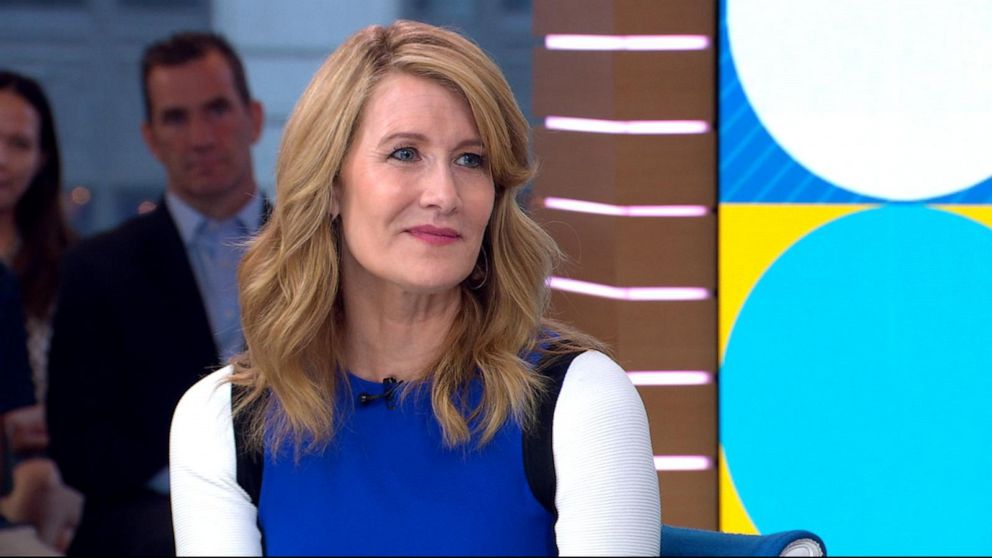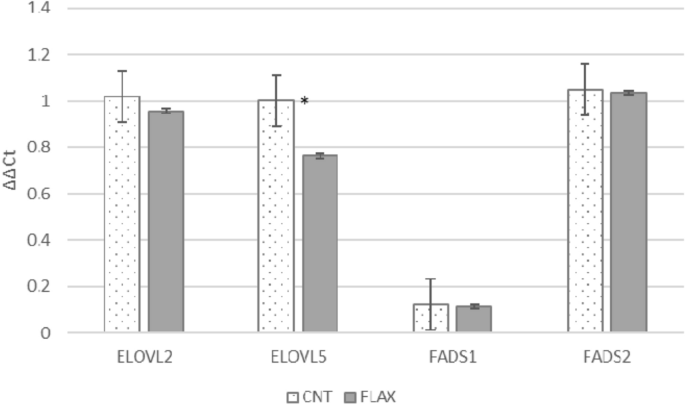
- Select a language for the TTS:
- UK English Female
- UK English Male
- US English Female
- US English Male
- Australian Female
- Australian Male
- Language selected: (auto detect) - EN
Play all audios:
The killing of George Floyd is a reminder of the enormous gap between the kind of country the US thinks it is and the reality of American life. In a country that hails equality before the
law as if it were the gospel, 39 unarmed black Americans were killed last year by the police. Year after year the pattern repeats itself: dozens of black men killed not by random people in
the street, but by those who are meant to enforce the law to protect them. There are many other examples of American dissonance between self-image and reality: most US citizens believe that
freedom of expression is their invention, uniquely recognised in the Constitution’s First Amendment in a way that is unlike any other country. But in reality, many Americans censor their own
speech. They fear being accused of offending others because they’ve used the wrong pronoun, the wrong categorisation to refer to somebody else, or worry at the slightest misinterpretation
of their words. In a hugely polarised country where identity politics flourish both on the left and the right, politicians of all stripes aim to silence their opponents by claiming offence
at comments that many European politicians would tolerate with a shrug of the shoulders. The attempts to curtail freedom of expression are far reaching. As I write, employees of the _New
York Times_, a traditional beacon of free speech, are opposing its publication of an opinion piece by a senator who has called for the troops to be brought in to quell civil unrest following
the protests in American cities. Clashes between self-image and reality happen elsewhere too. The UK likes to think of itself as the best democracy in the world, but there is little
democracy in letting a handful of conservative newspapers or an unelected adviser dictate the destiny of the country — and no democracy at all in the unelected House of Lords. My own
country, Spain, claims to have the best living standards in the world, but that is only if you discount political corruption as part of everyday life. Nonetheless, that gap between image and
reality runs deeper in the US. Because it’s not just about what kind of country America is, but what kind of country it ought to be, given its leadership position in the world I have been
living in Silicon Valley for the last 18 months. This area is far from representative of life in the US, but what happens in this small corner is crucial to the country’s ability to win the
race against China. Silicon Valley likes to think of itself as the most modern, most all-embracing and most politically-correct place in the world. As the leading economic hub of the
country, you’d expect it to embody the promise of the American Dream, where anybody, no matter who they are, can make it, if they have what it takes. But despite all the political
correctness on race, immigration and gender, the enormous opportunities here are only for a very lucky few. You can go for days without seeing a single black face on the street. Following
the George Floyd killing, someone put together a list of local food businesses owned by black people to help direct support to them — there was only one in the whole of Palo Alto. The
opportunities for Latinos aren’t much better: white people work in the hugely well-paid jobs and Mexicans do most of the supporting and domestic tasks. The inequality between Mexicans and
white Americans is visible and pervasive everywhere. And I’ll spare you my views on the opportunities for women — or lack thereof — in this land of strong alpha males. And yet, despite the
shocking failures and contradictions, I still envy Americans. Their ingenuity, their ambition, their self-belief. Difficult as the lives of many Americans may be, this is a society that does
not accept fate, where people truly believe that tomorrow can be better than today. And crucially that belief is matched with remarkable political energy, which is the only way to achieve
real change. There is no “keep calm and carry on” attitude here, which helped the UK through the Second World War, but which has now become the symbol of social inaction in Britain. And
there is definitely no “looking the other way”, which has become so common in my country. US politics is riddled with polarisation, which is worrying and the President is pushing the
democratic system to its very limit, which is distressing. But Americans have so far managed to avoid the biggest risk for a democracy that currently affects many other countries:
indifference and apathy. Much as I despair at the failures and contradictions in the US, it is still a uniquely uplifting country. Despite all the problems, divisions, and profound
inequalities, Americans still care and, unlike many others, they have not stopped trying.



